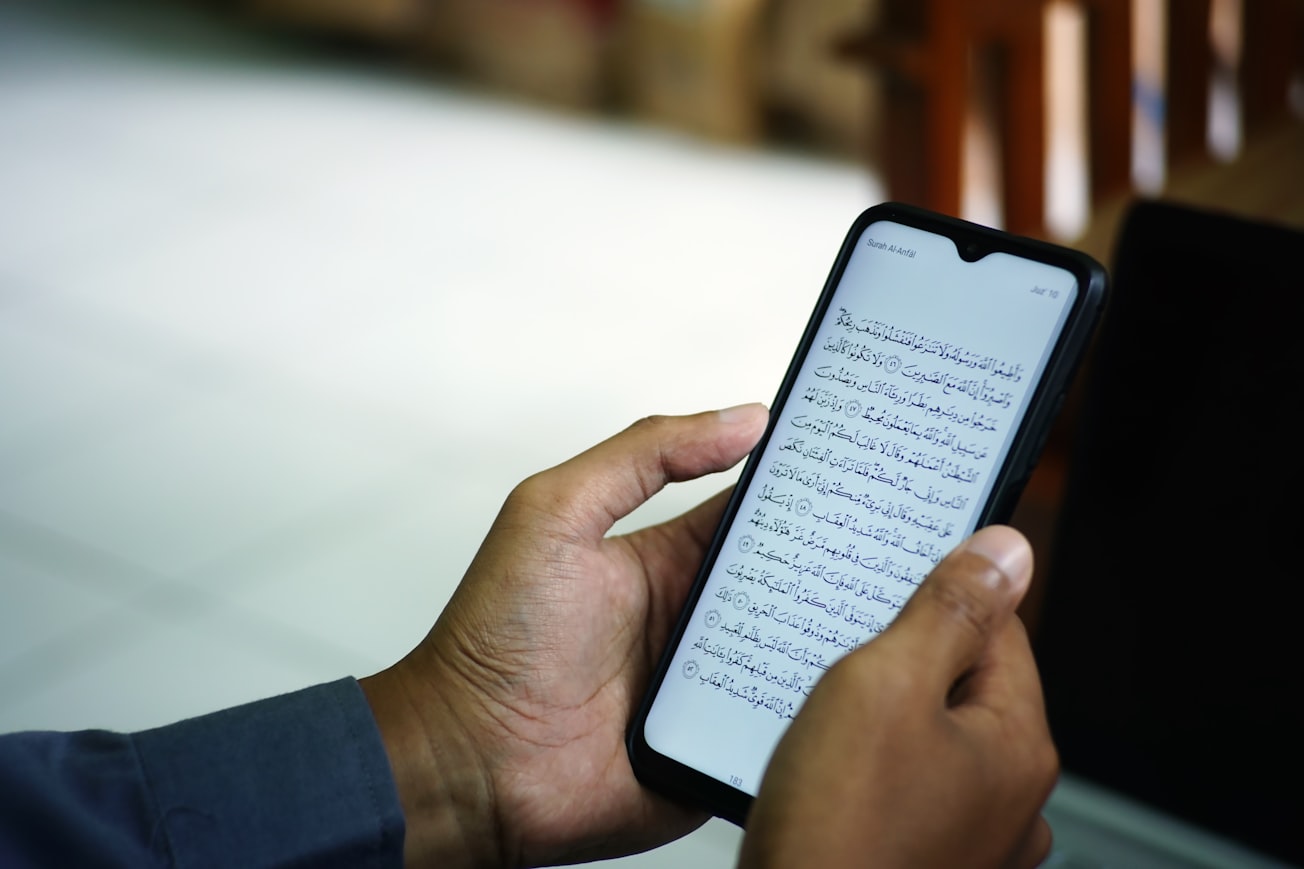What is it about?
The ongoing shift from scriptural to virtual Islamic education in Indonesian society cannot be separated from the ongoing digitization of religion and the use of online media. The most important finding of this study is that young adults, here represented by university students, have three tendencies in their religious understandings. First, the ongoing digitization process has resulted in a paradigm shift regarding the sources of religious knowledge. Second, new sources of religious knowledge have been made possible by the accessibility and affordability of internet services, as a result of which numerous online media have begun using online media to impart religious lessons. Third, the ongoing digitization of religious education has not only had positive implications (i.e. increasing passion for learning); it has also had the negative effect of reducing the depth of young adults' religious understanding.
Featured Image

Photo by MATAQ Darul Ulum on Unsplash
Why is it important?
This article is built on three important points about the mediatization of religious education. First, the digitization of religious education in Indonesia has caused significant shifts in learning patterns, with face-to-face meetings being replaced by online-mediated communication. Second, as technology has become more easily accessed, religious education has generally promoted formal and symbolic Islamic values that could create misperceptions and misrepresentations of the religion. A deep understanding of Islam cannot be achieved rapidly, as religion requires a lengthy study that promotes dialogue and contextuality. Third, rapid advances in digital technology have promoted openness and comprehensive reform, as online education necessitates new systems and human resources.
Perspectives
This article was written great collaboratively by taking samples of engineering students' responses by looking at mediation and digitization Religious education in Indonesia. With the publication of this article, we have been invited to many scientific meetings and international conferences, especially in relation to religion, digitalization and technology.
Mustaqim Pabbajah
Universitas Teknologi Yogyakarta
Read the Original
This page is a summary of: From the scriptural to the virtual: Indonesian engineering students responses to the digitalization of Islamic education, Teaching Theology & Religion, June 2021, Wiley,
DOI: 10.1111/teth.12581.
You can read the full text:
Contributors
The following have contributed to this page










